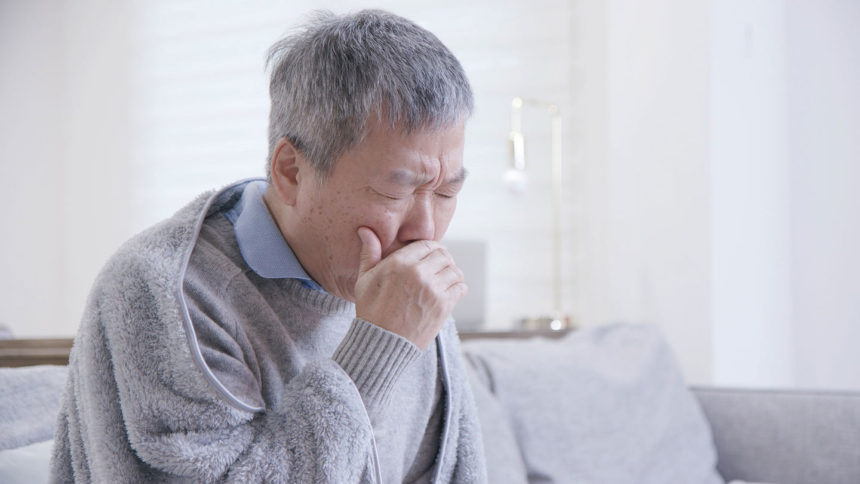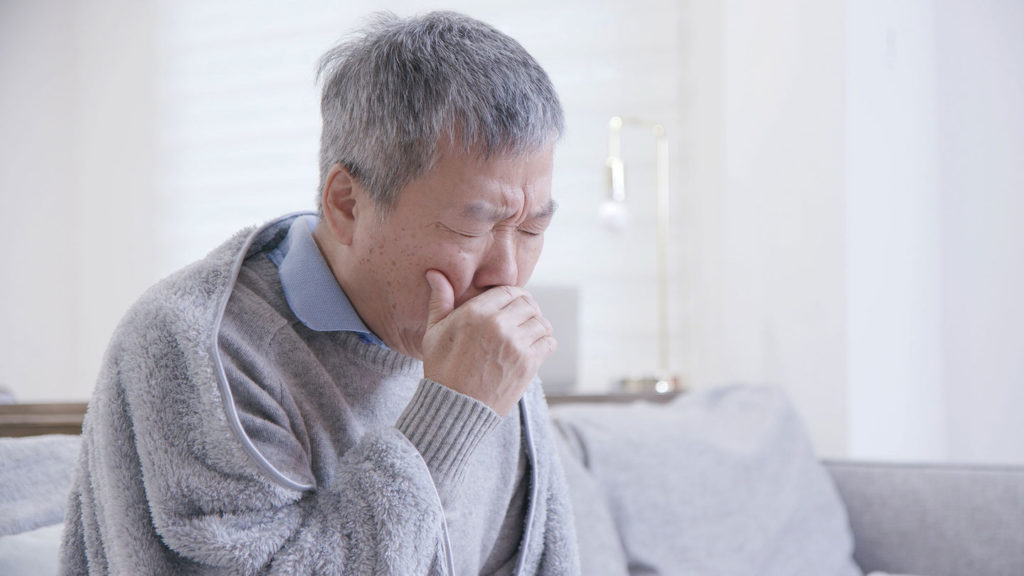

Wearables may be the most effective form of monitoring technology for assisting older adults with respiratory conditions, a new study shows.
Any remote monitoring capabilities, including passive systems within long-term care facilities, could critically assist with respiratory concerns.
The need to track residents’ respiratory health has been highlighted by the many people who have had lung and breathing problems following COVID.
Overall, almost a fourth of older adults end up developing long-COVID symptoms, the Centers for Disease Control and Prevention found.
The high number of older adults with some compromised lung function following even mild COVID cases could turn into a broader “wave” of chronic lung disease, the McKnight’s Clinical Daily reported last year.
“Patients with chronic respiratory diseases and those in the post-discharge period following hospitalization because of COVID-19 are particularly vulnerable,” the study authors warn, “and little is known about the changes in their symptoms and physiological parameters.”
The study on respiration involved 60 hospital patients diagnosed with lung disease. It evaluated a handful of commercially available monitoring options, including wearables, passive sensor systems, smartphone apps and finger pulse oximeters.
Overall, both passive systems and “lowest-burden” methods were used more frequently by the study participants, who wore monitoring devices for the majority of the day, or approximately 19 hours, the researchers found.
The participants were significantly less likely to report symptoms via a questionnaire or breathing test. But even with the latter, a majority of study participants (60%) used a breathing test when requested by a clinician, and 90% of such tests were completed correctly, the study indicated.
Future research on respiratory illness and technology could focus on how care teams can most effectively collect data and coordinate with seniors to make sure they are reporting symptoms effectively, the study authors suggested.
In addition to COVID, insomnia is another condition that commonly puts seniors at risk for respiratory infection and complications, studies have shown.


